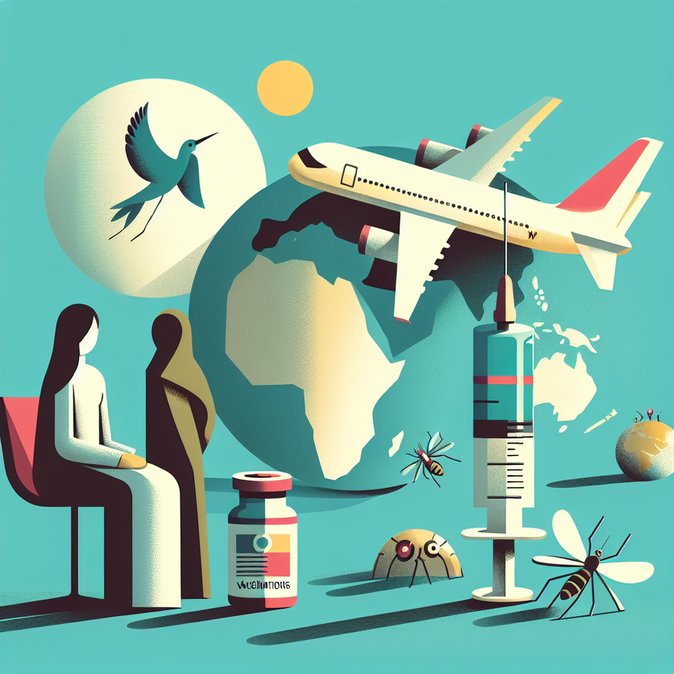
The Centre for Health Protection’s Travel Health Service released its latest global outbreak bulletin on 25 November, flagging a surge of mosquito-borne illnesses and other infectious diseases in destinations popular with Hong Kong business travellers. The update lists major dengue epidemics in Mauritania (7,179 cases) and Bangladesh (90,000+ cases), a measles wave across Mexico, and a fatal human case of avian influenza A(H5N5) in Washington State, USA.
Although none of the outbreaks has triggered a change in Hong Kong’s vaccination or entry policies, officials remind outbound travellers to verify their immunisation status, carry comprehensive medical insurance and consult a doctor six weeks before departure if visiting high-risk areas. Employers arranging assignments to West Africa or Latin America are advised to provide mosquito-avoidance training and ensure staff have access to rapid diagnostic testing.
![Hong Kong Travel Health Service issues fresh outbreak bulletin, urges vigilance for business travellers]()
The bulletin also notes smaller clusters of Crimean-Congo haemorrhagic fever in Namibia, leptospirosis in Jamaica and hepatitis A in the Czech Republic. Travel medicine specialists say the diversity of alerts underscores the “post-COVID normal” in which multiple regional outbreaks can occur simultaneously as global mobility rebounds.
For mobility managers, the practical implications are two-fold. First, duty-of-care policies must now track a wider array of diseases beyond COVID-19. Second, itineraries that combine several continents—common for Hong Kong executives overseeing global supply chains—may require layered vaccinations, from yellow fever certificates for West Africa to up-to-date MMR jabs for Central America.
The Travel Health Service has enhanced its website to push real-time alerts via RSS and a Telegram channel, tools that relocation firms can integrate into traveller-tracking dashboards. Officials stress that timely health intelligence, rather than blanket restrictions, remains Hong Kong’s preferred approach to safeguarding travellers while supporting the city’s open-economy status.
Although none of the outbreaks has triggered a change in Hong Kong’s vaccination or entry policies, officials remind outbound travellers to verify their immunisation status, carry comprehensive medical insurance and consult a doctor six weeks before departure if visiting high-risk areas. Employers arranging assignments to West Africa or Latin America are advised to provide mosquito-avoidance training and ensure staff have access to rapid diagnostic testing.

The bulletin also notes smaller clusters of Crimean-Congo haemorrhagic fever in Namibia, leptospirosis in Jamaica and hepatitis A in the Czech Republic. Travel medicine specialists say the diversity of alerts underscores the “post-COVID normal” in which multiple regional outbreaks can occur simultaneously as global mobility rebounds.
For mobility managers, the practical implications are two-fold. First, duty-of-care policies must now track a wider array of diseases beyond COVID-19. Second, itineraries that combine several continents—common for Hong Kong executives overseeing global supply chains—may require layered vaccinations, from yellow fever certificates for West Africa to up-to-date MMR jabs for Central America.
The Travel Health Service has enhanced its website to push real-time alerts via RSS and a Telegram channel, tools that relocation firms can integrate into traveller-tracking dashboards. Officials stress that timely health intelligence, rather than blanket restrictions, remains Hong Kong’s preferred approach to safeguarding travellers while supporting the city’s open-economy status.





